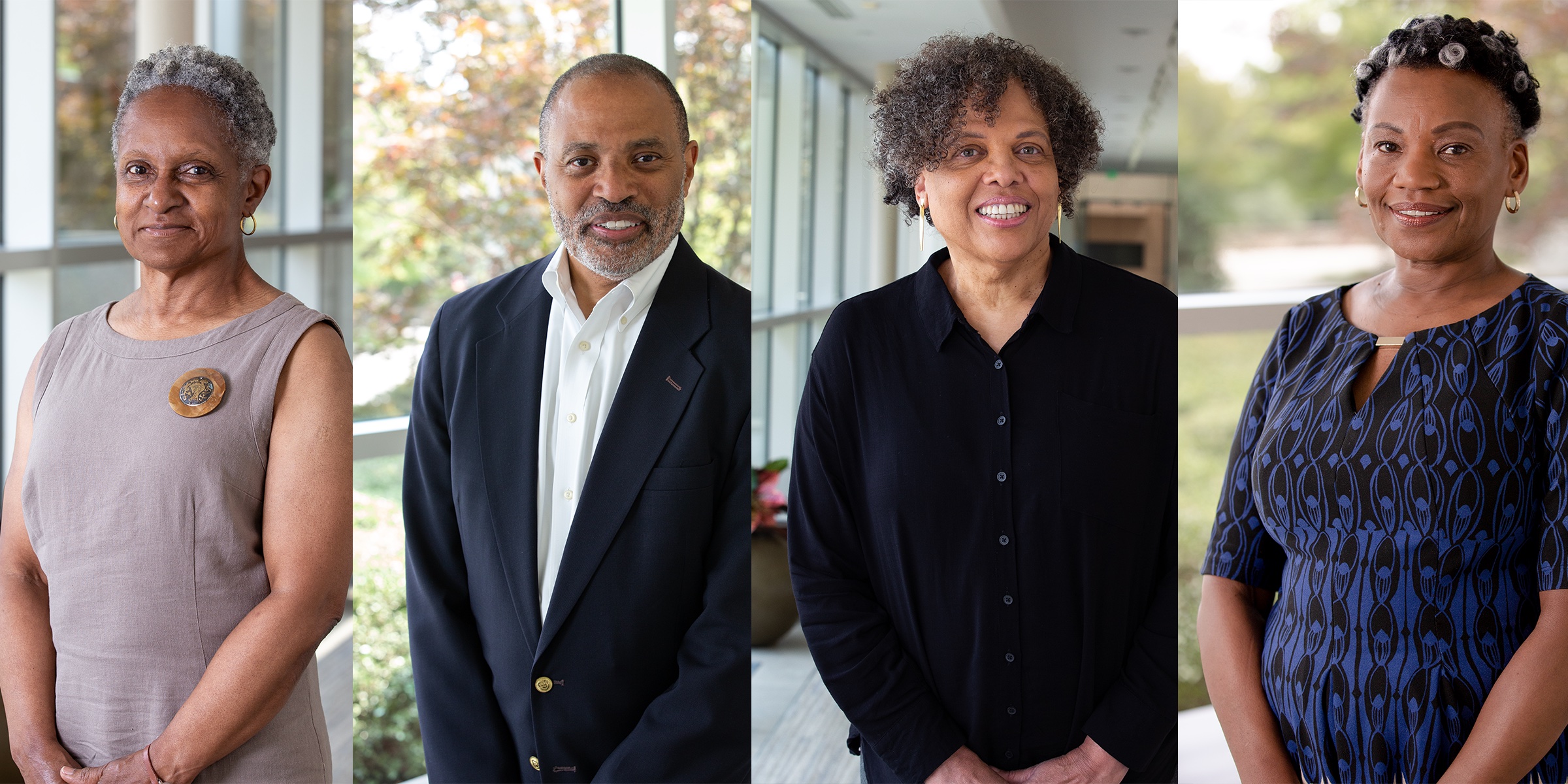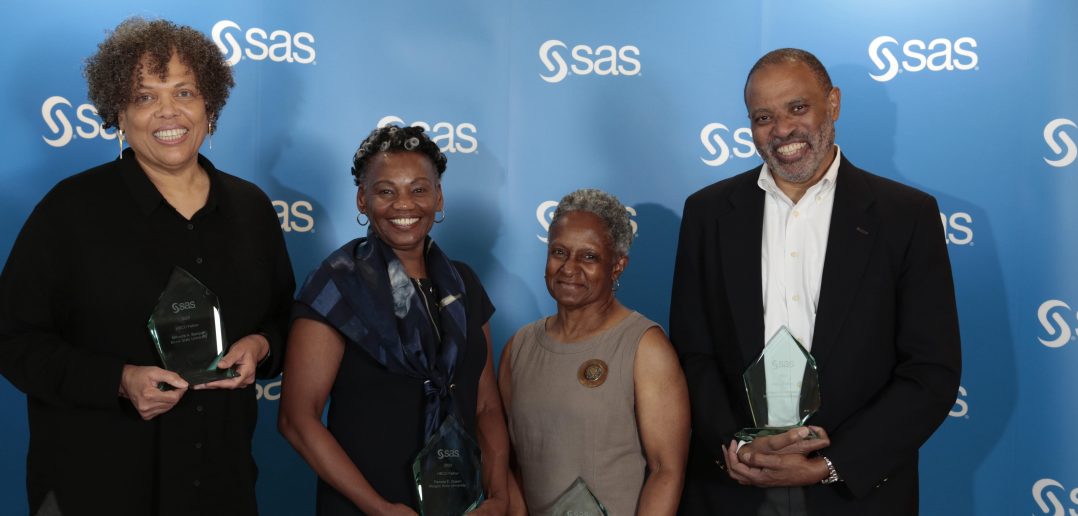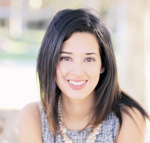Between technological advancements in machine learning, the rise of AI and a growing interest in data-driven decisions, the demand for analytical talent has grown significantly in recent years.
In today’s workforce, however, there is a lack of representation of people of color in the tech industry. According to Harnham’s Data Analytics Diversity Report, only 4% of data analytics professionals are Black.
To improve representation and build a pipeline of leaders, SAS Academic Programs launched the HBCU Fellows Program, which supports educators at historically Black colleges and universities (HBCUs) across the United States. Through customized curriculum planning, quarterly professional development opportunities and collaboration with technical experts at SAS, the program helps educators advance their analytics skills and identify opportunities to integrate analytical tools into their academic programs.
HBCU Fellows blend education with analytics
The inaugural cohort of the HBCU Fellows Program gathered at SAS headquarters for the Summer 2023 SAS Educator Conference, followed by an HBCU Fellows Day celebrating the program's halfway point. In addition to providing the fellows with new insights and resources, the event also gave them the opportunity to connect in person, which they agreed was one of the highlights.
“It’s an intelligent and fun group of folks. I enjoyed the casual conversation with them, but also the conversation about how they’re using SAS® or how they intend to use SAS® in the projects they’re working on,” says Joni Jackson, Associate Professor of Marketing at Chicago State University and HBCU Fellow. “It’s been a great experience as I look at developing and updating my curriculum.”
According to Jackson, the marketing field has changed rapidly due to the accumulation of large amounts of consumer data, making integrating analytics into her curriculum essential. Increasingly, employers are looking for graduates who can make data-driven decisions – so she hopes to build analytics skills in the classroom to create future career opportunities for students of color.
“For faculty, staying current and keeping our curriculum up to date is important,” Jackson says. “I think this program will be most helpful. It’s a great opportunity to update your skills and not only engage your students but also teach them skills that they’ll need going forward.”
Jackson is eager to integrate SAS into experiential learning opportunities in her marketing research and consumer behavior courses. Helping students grow more comfortable with data, learn to make evidence-based decisions and understand the benefits and risks of machine learning models will give more people of color seats at the analytics table – and Jackson believes this will help address biases in algorithms that negatively affect communities of color.

Working to boost representation, exposure in analytics
Pamela Queen, Professor of Finance at Morgan State University and another HBCU Fellow, also sees the long-term societal impact of integrating analytics into her curriculum. She says that teaching students to work with data will give them the confidence to ask good questions, which will empower them to address complex policy issues and increase their interest in the field.
“Students of color [have]suffered from the digital divide – and so they’re really tentative when it comes to technology and learning more about data analytics,” Queen says. “So I really want to make sure that they feel confident with being able to question things … If they have that kind of confidence … I think we’ll see a big difference in how they view data analytics.”
HBCU Fellow Gregory Ramsey, Associate Professor of Information Science and Systems at Morgan State University, notes several other challenges facing students of color – namely, a lack of awareness about the opportunities that exist, a limited understanding of where the market is headed, and a lack of representation in the field of analytics. To change that, he says, faculty need to begin providing exposure to analytics tools and presenting available job opportunities to their students, which will develop role models for the students who come behind them.
“In every job and every field – from social work to English – analytics and data are somehow going to be pulled into it. Students need to be literate and comfortable with data and understand what opportunities are out there for them,” he said. “That’s going to empower them to get good jobs.”
The power of resources for student success
According to HBCU Fellow Minnette Bumpus, Associate Professor of Management at Bowie State University, participating in the HBCU Fellows Program has been an enriching experience – but she admits that she was intimidated at first going into it. She learned SAS as a PhD student and spent several years using it, but less so throughout her academic career.
“My concern was, ‘Will I be able to catch up?’ Through the HBCU Fellows Program, I found that I can catch up,” she says. “So I would refer other faculty members to the HBCU Fellows Program. You can do it – just face your fears. There are resources [and]people there to help you. Take advantage of them.”
Queen shares similar sentiments. Though she was introduced to SAS in graduate school, she has not used the software consistently over the years – and feared that her skills were too rusty. Being in the program, however, she has been pleasantly surprised with her ability to catch up with the number of resources available.
“I’m really pleased with some of the ease of [the]applications [that]are available – and how they [are]tailored for people who don’t have a real strong quantitative background,” Queen explains.
“We have a lot of training and resources available for faculty and students – all of them are free. We [also]meet with the cohort, so we’re learning from them as well. But the real strength of the program, I think, is the mentors that we get.”
Queen says that collaborating with technical experts at SAS helps fellows to learn about what types of graduates the industry is looking for, which helps them tailor their classes and develop in-demand analytics skills. That’s why she encourages other faculty to take advantage of the professional development opportunities available through the program. Doing so helps faculty keep their skill sets current and prepares them to give students the skills needed to obtain competitive jobs.
“This is a technology that we need to know as faculty so we can better train our students [to]be ready on day one [of]their profession,” Queen says. “We really need to make sure [that]we’re giving them the best.”
Opening doors for the future of analytics
Reflecting on the experiences of the HBCU Fellows Program’s inaugural cohort, SAS Academic Programs is proud to extend the opportunity to others. Through a high level of support to the fellows, SAS hopes to bolster educators’ efforts to open doors of opportunity for students, foster social transformation through analytics and advance economic mobility – and the program looks forward to welcoming the 2024 cohort into a growing community of educators leading the advancement of students of color in data analytics.
The HBCU Fellows Program has been renamed HBCU+ Fellows Program in hopes of broadening the program to include educators from Predominantly Black Institutions (PBIs).
“I recommend this program to anybody who can participate in it,” Ramsey says. “Seize the opportunity. Don’t let it go by.”

